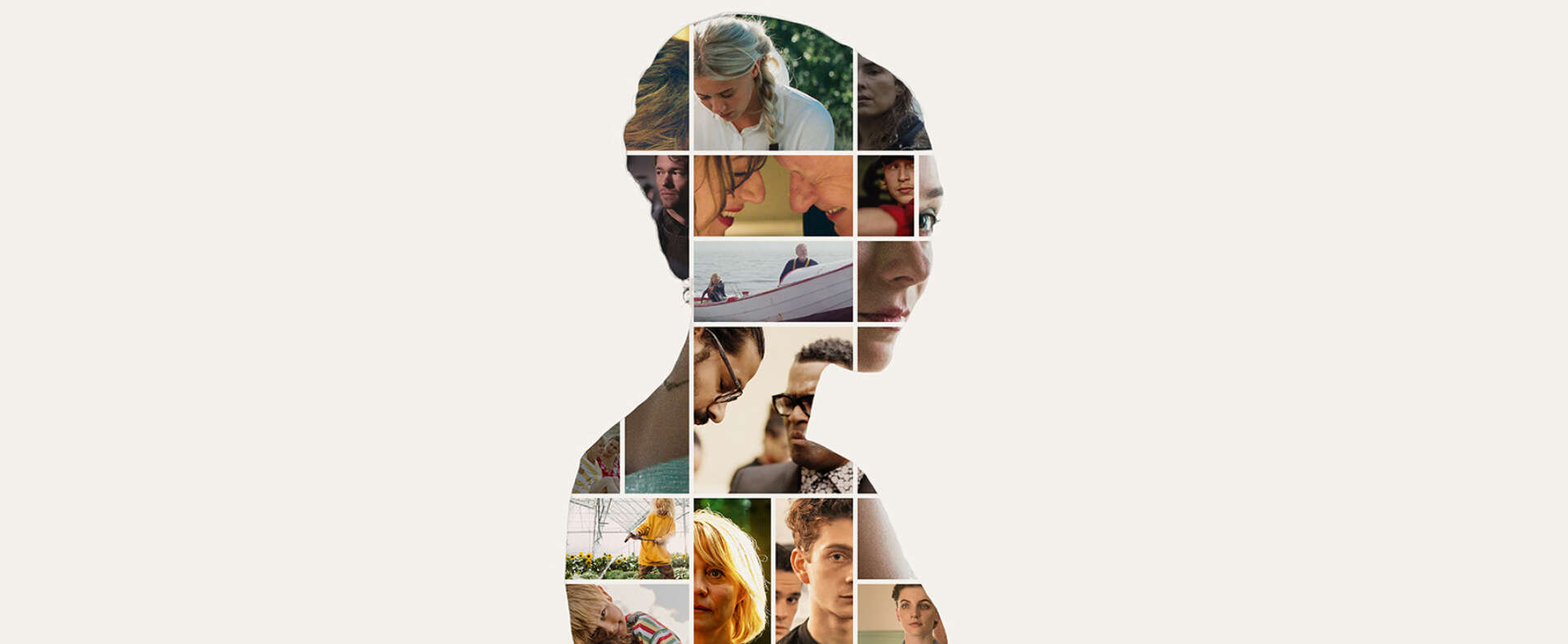WRITTEN BY: Annika Pham
Total funding from Nordisk Film & TV Fond in 2019 stayed almost on par with 2018 at NOK 104.9 million, with feature film taking 53% of all grants.

Total funding from Nordisk Film & TV Fond in 2019 stayed almost on par with 2018 at NOK 104.9 million, with feature film taking 53% of all grants.
2019 was a decisive year for the Fund on a corporate and organisational standpoint.
TO DOWNLOAD THE FULL REPORT: CLICK HERE. NFTVF Annual Report 2019
As pointed out by Forsman in the Fund’s annual report 2019, Nordisk Film & TV Fond can proudly look back at 2019 as “the year of quality productions and a well-timed expansion.”
Total funding to Nordisk Film & TV Fond’s main areas of support - production of feature film, TV series, documentary, distribution/dubbing, film cultural initiatives - remained stable at NOK 104.93 million compared to NOK 104.1 million in 2018.
Production support - Film & TV Drama
Unlike in 2018 where support to feature film and TV drama was almost the same (41% and 38% of the funding respectively), in 2019, feature film received 53% of all grants, against 27% for TV drama.
A total of 27 films were supported in 2019 (25 in 2018) and 15 TV series (16 in 2018).
The largest film grant of NOK 4 million went to the Danish historical epic Margrete - Queen of the North (Nimbus Film) directed by Charlotte Sieling.The second single largest sum of NOK 3.5 million was allocated to the Norwegian animated film Titina (Mikro Film) by Kajsa Næss and Swedish film Triangle of Sadness (Plattform Production) by Ruben Östlund.
Highest grants in TV drama were allocated to SVT/Anagram Sweden’s Thin Blue Line (NOK 2.5 million) and NRK/Monster Scripted’s For Life (NOK 2.4 million).
Children & Youth
As part of the Fund’s remit to prioritise projects aimed at children and youth, nearly NOK 16 million were invested in 11 projects within the younger age group. This compares to NOK 13 million into 9 projects in 2018.
It is worth mentioning that in 2019 the Fund received 7 applications for support for TV series for children and youth (of which three were successful applicants) whereas the previous year no TV project was submitted for that target group.
Documentary
Financial support to the documentary sector was relatively stable (9% of all grants allocated against 10% in 2018) although slightly less projects were supported (13 against 18 in 2018).
Content-wise, today’s important issues facing our societies such as abuse of power, climate change, geopolitics, terrorism, but also personal interrogations and biopics were brought to screens.
Among the projects supported was Mikala Krogh’s critically-acclaimed Scandinavian Star series, which received the largest grant of NOK 2 million. Anticipated projects include Joonas Berghäll’s Red Ring, Miki Mistrati’s The Chocolate War, Guy Davidi’s Senseless and Thomas Robsahm’s a-ha-The Movie.
Gender
As in 2018 female producers were well represented among projects supported (23F, 18M, 14 F/M) but men dominated both in filmmaking (33M, 20F, 2 F/M) and screenwriting (27M, 11F, 4 F/M), according to internal statistics.
However a positive trend is the jump in female feature filmmakers backed in 2019 (12) compared to the two previous years (7).
Awards
A large number of Nordic films and TV series backed by the Fund travelled worldwide and received international acclaim in 2019.
These include the films A White, White Day, Echo, Queen of Hearts, Out Stealing Horses, Beware of Children, documentaries Once Aurora, Cold Case Hammarskjöld, The Raft, TV series State of Happiness, Invisible Heroes, Twin, ZombieLars, The Truth Will Out among others.
Distribution/dubbing support
With cross border distribution of Nordic content at the forefront of the Fund’s strategy, funding to the sector remained stable at 9% of all grants.
In 2019, a total of NOK 9.38 million was injected into 62 individual films, versus NOK 8.75 million into 56 films in 2018.
As in 2018, two types of films released with NFTF support achieved wider cross-border distribution:
The report “Nordic Cinema Admissions 2014-2018”, published in September 2019, confirmed trends in the market and showed a positive correlation between the Fund’s support and tickets sold in neighbouring Nordic countries.
Nordic Distribution Boost
The second ‘Nordic Distribution Boost’ scheme aimed at helping Nordic distributors hone their marketing skills was held in April. Six feature projects were selected: Finland’s Compartment Number 6 by Juho Kuosmanen, Show Me Your Hand by Hanna Maylett, White Hunger by Mikko Kuparinen, Norway’s Disco by Jorunn Myklebust Syversen, Denmark’s Miss Osaka by Daniel Dencik and Iceland’s Reply to a Letter from Helga by Ása Helga Hjörleifsdóttir.
Film Cultural Initiatives
Support for film cultural initiatives remained stable at 3% of total grants. Industry events supported include New Nordic Films, Nordisk Panorama, Young Nordic Producers Club, Frontières Financing & Packaging Forum, Scandinavian Screenings.
Among Nordisk Film & TV Fond’s annual events, Nordic Talents organised with the National Film School of Denmark, was held for the 19th time. Three graduates from the National Film School of Denmark took home the top awards:
The Nordisk Film & TV Fond Prize co-organised by the Göteborg Film Festival was held for the fourth time. The five TV dramas competing for Best Nordic Screenplay were Iceland’s The Flatey Enigma (Sagafilm/RUV), Norway’s Kieler Street (Anagram/TV2 Norway), Norway’s State of Happiness (Maipo/NRK), Finland’s All the Sins (MRP Matila Röhr Productions/Elisa Viihde) and The Inner Circle (Fundament Film/Viaplay). The top prize was handed out to Merja Aakko and Mika Ronkainen for All the Sins.
The 2019 Nordic Council Film Prize went to director May el Toukhy, screenwriter Maren Louise Käehne and producers Caroline Blanco and René Ezra for the Danish film Queen of Hearts. Competing films were Aurora by Miiia Tervo (Finland), A White, White Day by Hlynur Pálmason (Iceland), Reconstructing Utøya by Carl Javér (Sweden) and Blind Spot by Tuva Novotny (Norway).